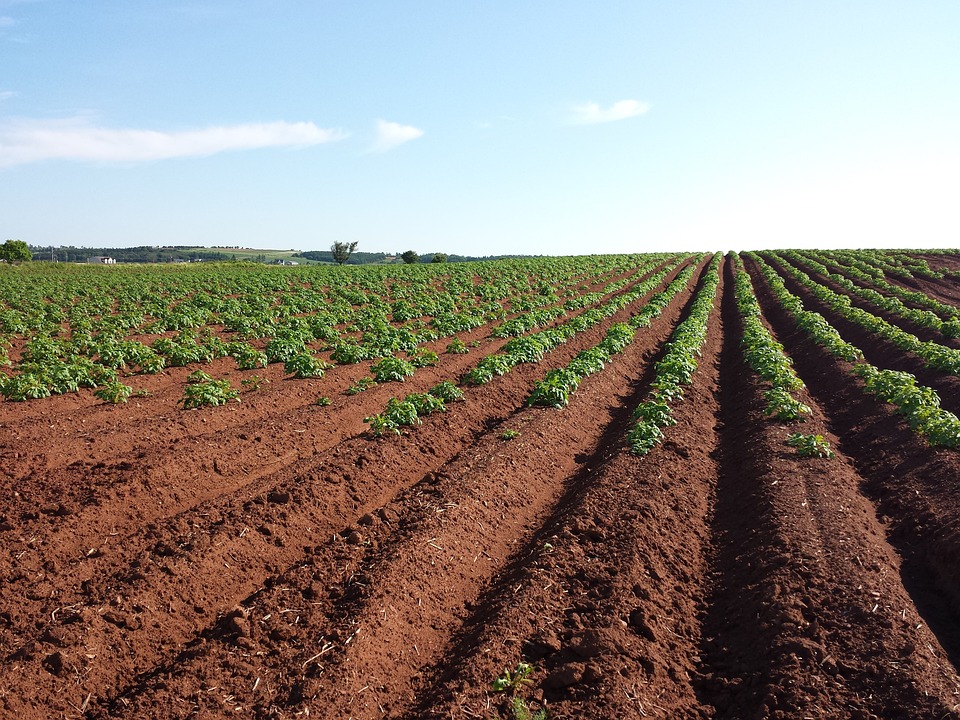Introduction
Proper soil care is essential for the success and productivity of any garden or agricultural endeavor.
Just like a strong foundation is crucial for any structure, a healthy soil foundation is vital for the growth and development of plants.
Taking a proactive approach towards soil care can lead to numerous benefits, ranging from improved fertility and higher crop yields to enhanced water retention and reduced erosion.
In this article, we will explore the importance of proactive soil care and the advantages it offers.
Understanding Proactive Soil Care
Proactive soil care involves a series of practices aimed at improving and maintaining soil health before any serious issues arise.
Rather than waiting for problems to occur and then treating them reactively, proactive soil care focuses on preventing potential challenges.
This approach helps create a favorable environment for plant growth, reduces the need for chemical interventions, and promotes long-term sustainability.
The Benefits of Proactive Soil Care
Proactively caring for soil offers several significant advantages:
1. Improved Soil Fertility
By implementing practices such as crop rotation, cover cropping, and organic matter incorporation, proactive soil care enhances soil fertility.
These methods help replenish essential nutrients, promote beneficial microbial activity, and create a balanced soil ecosystem.
Improved soil fertility leads to healthier plants with stronger root systems and increased resistance to diseases and pests.
2. Increased Crop Yields
A healthy soil foundation is essential for maximizing crop yields.
Proactive soil care practices optimize nutrient availability, promote efficient water and oxygen distribution, and improve overall soil structure.
By addressing potential limitations proactively, farmers and gardeners can ensure the ideal conditions for plant growth, leading to higher productivity and improved harvests.
3. Enhanced Water Retention
One of the critical challenges faced by many agricultural systems is water scarcity.
Proactive soil care techniques, such as mulching, terracing, and contour plowing, help improve water retention in the soil.
These practices minimize runoff and increase water infiltration, allowing plants to access moisture for longer periods.
Better water availability reduces the need for excessive irrigation and supports sustainable water management.
4. Reduced Soil Erosion
Erosion can lead to the loss of valuable topsoil, which is vital for plant growth.
Proactive soil care methods like windbreaks, terracing, and conservation tillage help prevent soil erosion.
Windbreaks act as protective barriers, reducing wind speed and minimizing soil movement.
Terracing and conservation tillage techniques help slow down water runoff, allowing it to penetrate the soil and reducing erosion risks.
By mitigating soil erosion, proactive soil care preserves valuable soil resources for future generations.
5. Environmental Stewardship
Caring for the soil proactively is an environmentally responsible practice.
It reduces the reliance on synthetic fertilizers and pesticides, minimizing their negative impacts on ecosystems.
By promoting natural soil fertility and improving the overall soil health, proactive soil care supports biodiversity and contributes to sustainable farming and gardening practices.
It also helps protect water sources from pollution by minimizing chemical leaching and runoff.
Conclusion
Building a foundation for success starts with proactive soil care.
By implementing practices aimed at improving soil fertility, increasing crop yields, enhancing water retention, reducing erosion, and promoting environmental stewardship, we can create a thriving growing environment while ensuring the long-term sustainability of our agricultural systems.
Prioritizing soil health is an investment that yields abundant rewards in terms of productive harvests, ecological resilience, and a better future for generations to come.
FAQs
Q1: What are some common proactive soil care practices?
Some common proactive soil care practices include crop rotation, cover cropping, mulching, terracing, conservation tillage, organic matter incorporation, and the use of compost and natural amendments.
Q2: Why is proactive soil care important for sustainable agriculture?
Proactive soil care is crucial for sustainable agriculture as it helps maintain soil health, reduces reliance on synthetic inputs, minimizes environmental impacts, and ensures long-term productivity and resilience of farming systems.
Q3: Can proactive soil care practices be applied in home gardens?
Absolutely! Proactive soil care practices are equally applicable in home gardens.
Implementing these measures can lead to healthier plants, improved yields, and reduced reliance on chemical fertilizers and pesticides.




